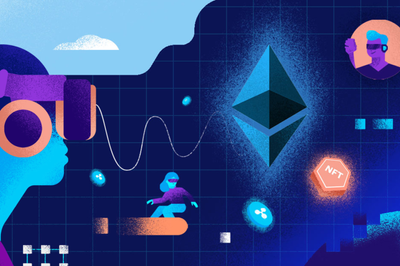Building a publicly available, second brain
This post is about my journey in creating a digital, publicly available version of a second brain.

What is a Second Brain?
Before diving into my journey, let’s clarify what a second brain is.
A second brain is a digital extension of your memory, knowledge, and thoughts, designed to help you:
- Store and retrieve important ideas
- Organize knowledge for easy access
- Make connections between different pieces of information
- Reduce cognitive overload by offloading memory storage
People build second brains using note-taking apps (e.g., Notion, Obsidian, Evernote), knowledge management systems, or even custom-built tools to enhance productivity and decision-making.
Why Make It Public?
Most second brains are private, but I wanted to challenge that notion by creating a publicly accessible second brain. Here’s why:
- Share knowledge – Instead of hoarding information, why not let others benefit?
- Build in public – Transparency fosters learning and engagement.
- Improve clarity – Writing for an audience forces me to refine my ideas.
- Enhance serendipity – Unexpected connections can emerge when others interact with my second brain.
My Approach to Building a Public Second Brain
Selecting the Right Tools
- MagicID: My existing platform, which acts as a personalized hub for links and digital identity.
- MagicID Pro: A more advanced version where I integrate a dynamic knowledge base, blog, work experience, and recommendations.
- Other Tools: I explored Notion, Obsidian, and GitHub for structured knowledge management.
Structuring the Information
- Blog – A space for long-form thoughts and ideas.
- Work Experience – Showcasing my journey and expertise.
- Tools & Bookshelf – A collection of the most useful tools and books I’ve come across.
- Personal Notes (Publicly Shared) – Curated insights, strategies, and lessons learned.
Challenges & Considerations
- What to share vs. keep private – Balancing transparency with privacy.
- Curation & discoverability – Making it organized and useful for others.
- Sustainability – Ensuring regular updates and maintenance.
The Benefits of a Public Second Brain
- Encourages learning and reflection – Writing and sharing help reinforce ideas.
- Connects me with like-minded individuals – A great way to network and collaborate.
- Acts as a digital legacy – Information persists beyond just my personal use.
Final Thoughts
Building a public second brain is an ongoing process. With MagicID and MagicID Pro, I aim to create a platform that is useful, structured, and accessible—not just for me, but for anyone interested in digital knowledge management and personal growth.


